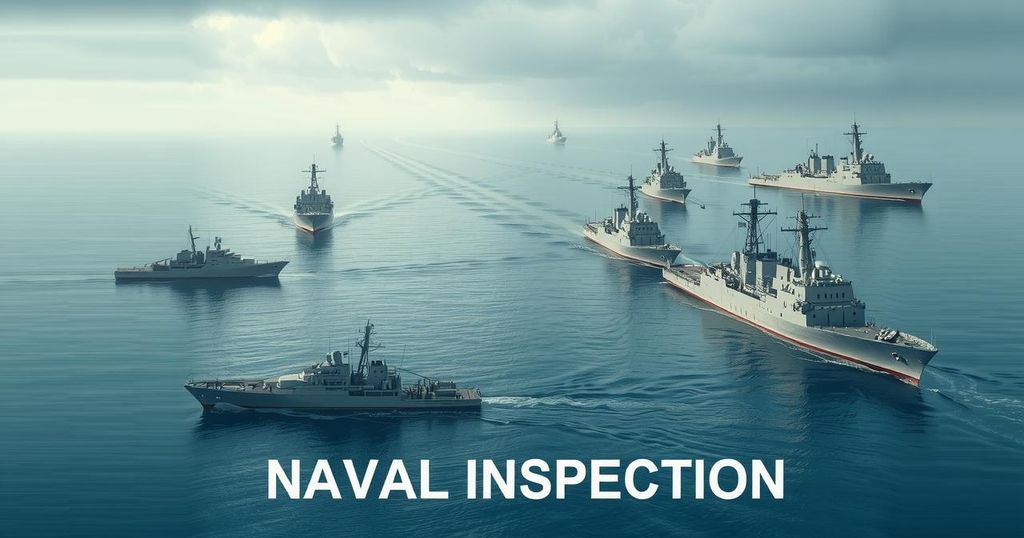Celebrity
AFRICA, AGK FIRE INC, ASIA, CHINA, DIPLOMACY, EU, EUROPE/ASIA, GO, GOPI, IANS, INTERNATIONAL RELATIONS, LIBYA, LIBYA SANCTIONS COMMITTEE, MARITIME SECURITY, MEXICO, MOVIES, MU, MUAMMAR GADDAFI, NORTH AMERICA, RUSSIA, SANCTIONS, SECURITY, SECURITY COUNCIL, SOCIAL, SOCIALNEWS, UN, UNITED NATIONS, UNSC, XINHUA
Sofia Rodriguez
0 Comments
UN Extends Authorization to Inspect Vessels Suspected of Violating Libya Arms Embargo
The UN Security Council has extended vessel inspection authorizations for six months to enforce the arms embargo on Libya. Resolution 2780 was approved with 13 votes, while Russia and China abstained. Concerns were raised about the effectiveness of existing inspection operations. This follows an arms embargo imposed in 2011 amid political turmoil in the country.
The United Nations Security Council has voted to extend the authorization for member states to inspect vessels suspected of violating the arms embargo on Libya. This decision, detailed in Resolution 2780, continues for six months, allowing national and regional organizations to check ships on international waters if there are reasonable grounds to suspect they are carrying arms or related materials against the embargo. This arms ban was originally imposed in 2011 following significant political upheaval in Libya that resulted in the ousting of former leader Muammar Gaddafi.
The resolution, adopted with 13 votes in favor, saw Russia and China abstaining. During discussions, representatives from both nations expressed skepticism over the effectiveness of the EU’s operation, IRINI, which is the sole regional authority authorized to conduct such inspections. They raised concerns regarding how intercepted items have been handled, highlighting potential procedural inefficiencies.
Moreover, the Security Council sanctions impose restrictions on transactions involving crude oil that is illicitly exported from Libya. This includes banning services for any designated vessel who violates these sanctions. Furthermore, the UNSC’s Libya Sanctions Committee maintains the power to classify vessels within the existing sanctions regime, allowing continued oversight in the region.
The inspection initiative is a continuation of actions set forth in previous resolutions, specifically one from June 2016, which empowered inspections of vessels on the high seas to enforce the longstanding arms embargo. UN Secretary-General Antonio Guterres has been requested to report back to the Security Council within five months regarding the implementation of this resolution, enhancing the Council’s ability to monitor compliance effectively.
The UN Security Council has taken significant steps by extending the authorization for inspecting vessels involved in arms embargo violations centered on Libya. Despite abstentions from Russia and China, the resolution reflects ongoing concerns over the arms situation in Libya since the civil unrest following Gaddafi’s removal. It emphasizes the international community’s commitment to maintaining oversight and enforcing sanctions, backed by mechanisms allowing for thorough inspections of maritime activities toward Libya.
Original Source: www.socialnews.xyz




Post Comment